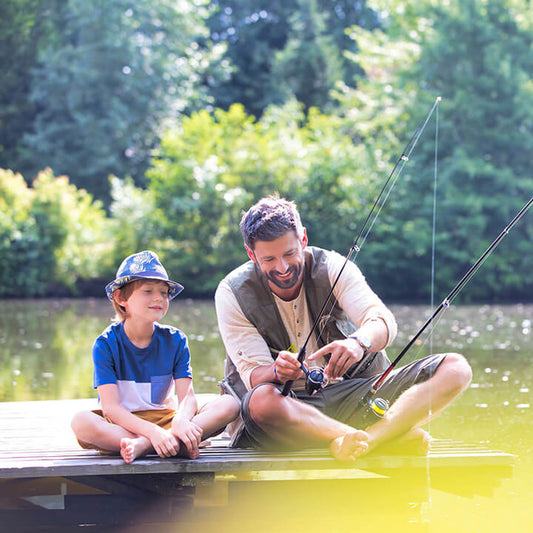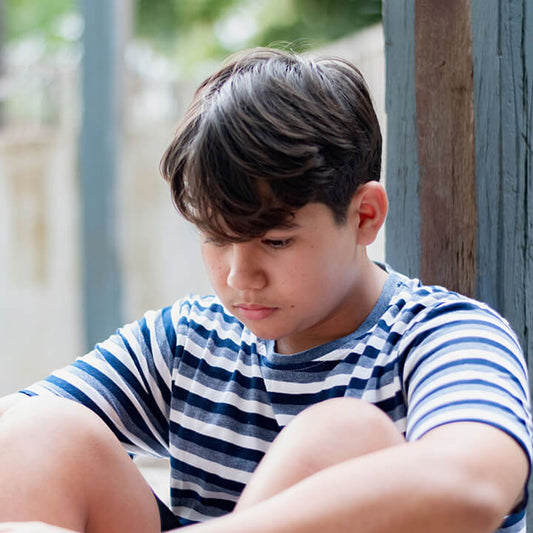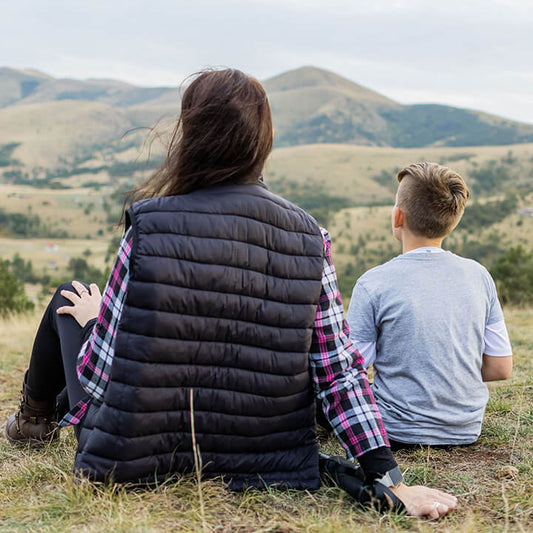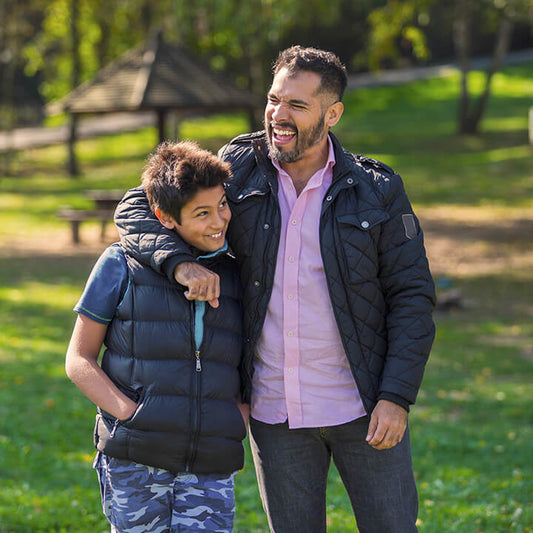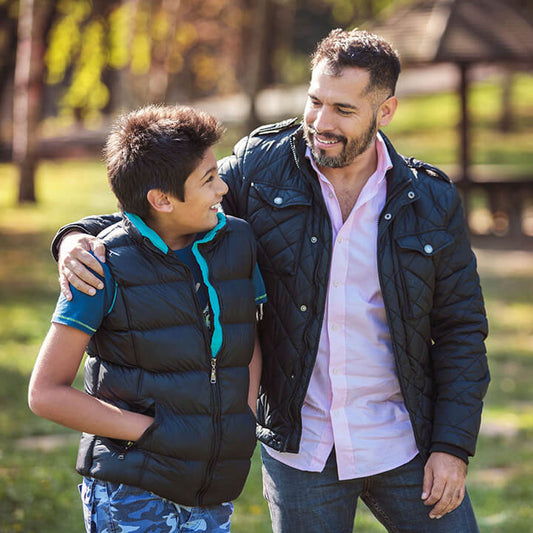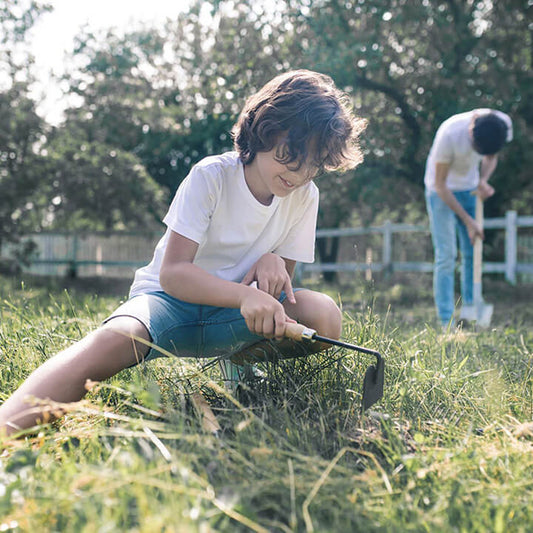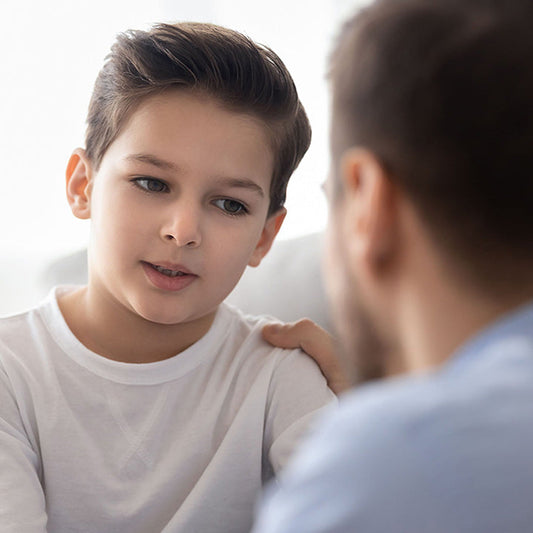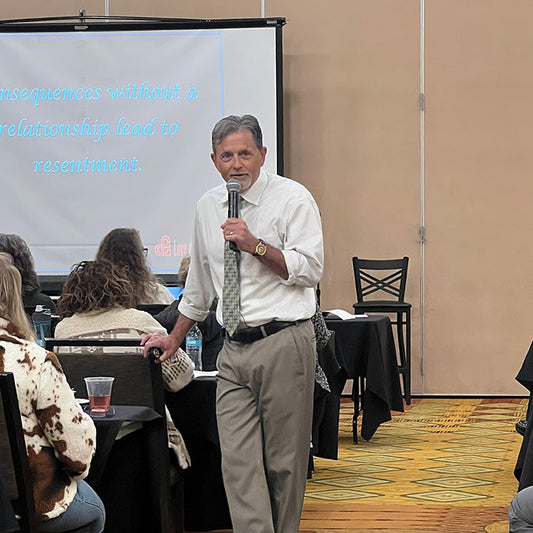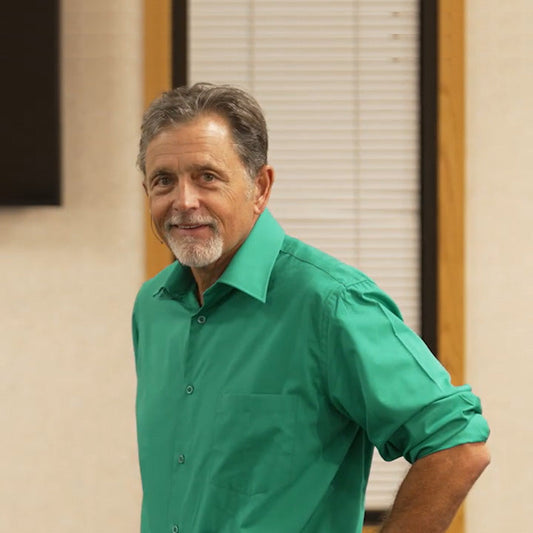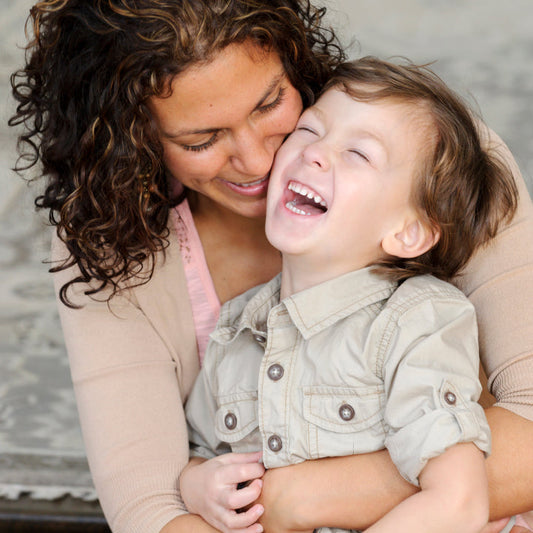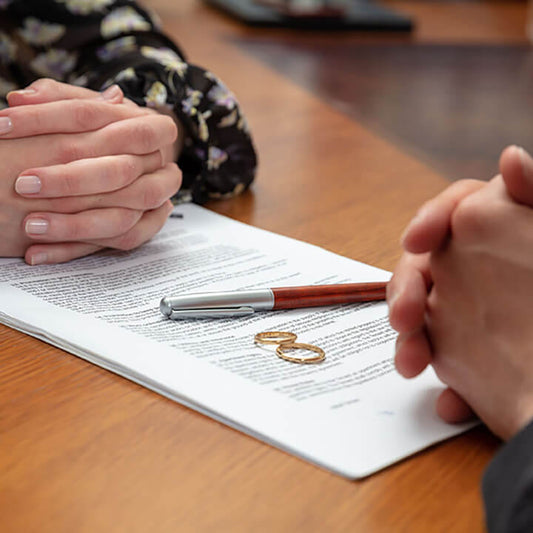Last week we provided a few practical tips for parents as they begin teaching their young kids the basics of financial responsibility. As kids grow older, they will encounter the realities of money, and this provides excellent opportunities to let natural consequences do the teaching. It can also pose challenges for parents as they help their kids learn about money management. Here are some ideas that can help you as you help your child learn about financial responsibility.
Inflation
Kids suffer from inflation with the cost of learning. Learning how to live in our world goes up daily for them. The price a child pays today to learn about friendships, school, learning, decision-making, and responsibility is the cheapest it will ever be. Learning an important lesson today may be a bargain.
Some children are given the opportunity to learn at an early age not to antagonize bigger children. The cost of this knowledge is a few minor bumps and bruises. Others, protected from this experience, must learn the same lesson during their teenage years at the cost of serious physical injury, usually at the hands of a much stronger person. I’d rather my child learn at an early age when the price is much more affordable. It works the same way with money.
Handing the Problem Back
This is the second rule of Love and Logic: When a child causes a problem, hand it back in loving ways. Sometimes, however, this is easier said than done. Parents are often tempted to rescue their kids, especially when the problems are of a serious nature.
Sometimes we hear parents ask, “My child is no longer a young child, what can I do to help them learn about financial responsibility?” Let’s hear about a father and his son, Blake.
Dumping his bags on the floor, Blake announced, “Dad, like this trooper gave me a ticket and it’s not fair. He comes up and gets like, all belligerent, telling me he ought to arrest me because I was going 30 miles over the limit. I told him, ‘Like lighten up, dude. And then he like, pulls a real attitude on me. So, Dad, will you just take care of the ticket and not make a big deal out of it?”
In the past, Dad had always rescued Blake. But this time he was shocked when Dad simply said, “Oh, man. How are you going to solve this? I bet it’s going to cost you a bundle.”
Blake shouted, incredulously, “What do you mean cost me a bundle? You’re the one who wanted me to be home so soon. I’d have to sell my car to raise that kind of dough.” Dad replied, calmly, “I really don’t know, Blake. If you don’t figure it out soon, let me know and maybe I can share what some other people have tried in situations like this.”
Blake used all the arguing techniques that had worked for him in the past, but Dad held his ground and responded empathetically with, “I know,” and, “What did I say?” Blake stomped off muttering, “Oh, whatever.”
It’s painful to watch our children learn through natural consequences. But that pain is the price we pay to teach our children. We either hurt as we watch our children learn through life’s natural consequences, or we hurt as we watch them grow up unable to take good care of themselves.
We hope this gives you some additional ideas that you can implement to give your child financial responsibility. More tips on helping teach your kids responsibility can be found in our webinar, Home and School Strategies for Creating Respectful, Responsible Kids.
Thanks for reading!













